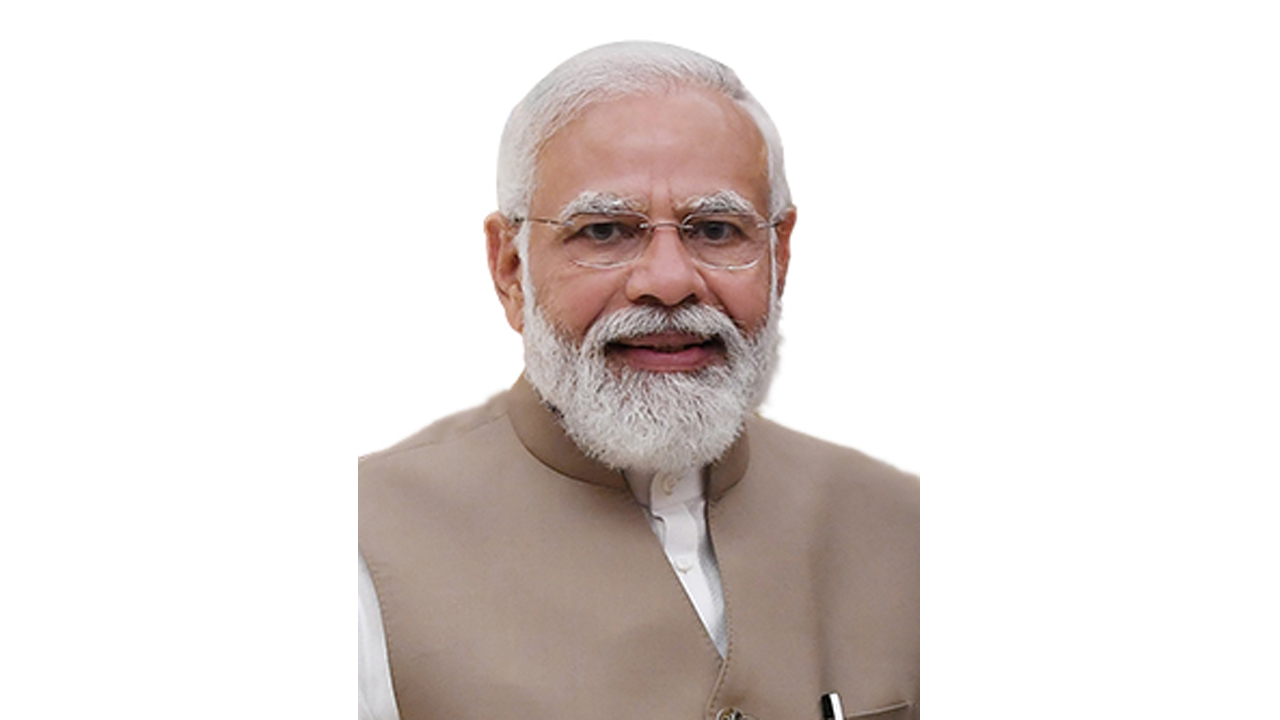Prime Minister Narendra Modi inaugurated the International Telecommunication Union's (ITU) World Telecommunication Standardization Assembly (WTSA) 2024 and the 8th edition of India Mobile Congress (IMC) at Bharat Mandapam in New Delhi today. The event, attended by global leaders, industry experts, and telecom innovators, marks India's growing influence in shaping global telecommunications standards.
During his address, Modi welcomed key dignitaries, including Union Minister for Communication Shri Jyotiraditya Scindia, Minister of State for Communication Shri Chandrasekhar Pemmasani, ITU Secretary-General Ms. Doreen Bogdan-Martin, and representatives from various countries. He praised ITU for selecting India as the venue for the WTSA and highlighted India’s leadership in telecom innovation.
India’s Telecom Achievements
Modi proudly noted India's transformative journey in the telecom sector, emphasizing that the country now has 120 crore (1.2 billion) mobile phone users, 95 crore (950 million) internet users, and handles 40% of the world’s real-time digital transactions. He underscored India’s commitment to using digital connectivity to empower the nation and drive last-mile delivery of services.
The Prime Minister also highlighted the significance of the combined WTSA and India Mobile Congress event, which brings together global telecom standards and services on a single platform. He emphasized India’s focus on quality service and standards, noting that the WTSA experience would provide "new energy" for India’s future telecom growth.
Connectivity and Infrastructure Developments
Modi outlined India’s achievements in expanding digital infrastructure, particularly in remote regions. He mentioned the installation of thousands of mobile towers, undersea cables connecting islands like Andaman-Nicobar and Lakshadweep, and the rollout of Wi-Fi facilities at public locations. He highlighted the rapid expansion of 5G, making India the world’s second-largest 5G market, and hinted at the country's ongoing preparations for 6G technology.
The Prime Minister also celebrated the success of the Digital India initiative, with its four key pillars: affordable devices, widespread digital connectivity, accessible data, and the "Digital First" approach. These, he said, have democratized technology and spurred innovation, bridging the digital divide between urban and rural areas.
India's Role in Global Telecom Leadership
Modi emphasized India’s proactive role in shaping global telecom governance. He called for a global framework to manage the risks and opportunities of digital technology, urging WTSA to lead efforts in setting inclusive, secure, and future-ready standards. He pointed out India’s Data Protection Act and National Cyber Security Strategy as examples of the country’s commitment to a safe and ethical digital ecosystem.
Focus on Women in Technology
The Prime Minister also underscored India’s focus on women-led development in technology. He praised initiatives like the Namo Drone Didi program, the Bank Sakhi program, and India’s support for women in STEM education and digital entrepreneurship, stating that India is committed to making technology inclusive.
Vision for the Future
PM Modi called for innovation that balances security, dignity, and equity, stressing that no community or country should be left behind in the digital revolution. He urged the global telecom community to ensure the ethical use of AI and digital tools, pushing for standards that reflect the diversity of nations.
Concluding his speech, Modi expressed hope that the WTSA and IMC would create lasting, globally beneficial outcomes, reinforcing India’s role as a telecom leader and innovator on the world stage.
Union Minister Jyotiraditya Scindia and Minister of State Chandrasekhar Pemmasani, along with international dignitaries, were also present at the event.

